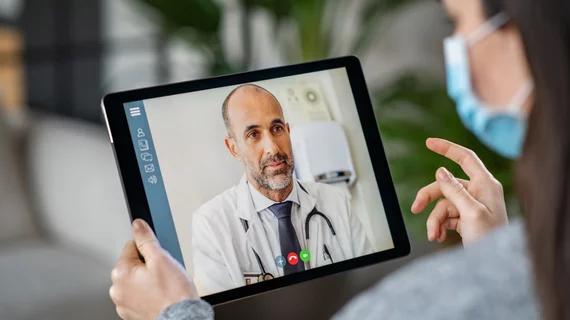Healthcare AI startup lands $42M plus a partnership with Mayo
A healthcare startup whose AI-powered symptom checker lets users check symptoms against other patients’ experiences has begun a partnership with Mayo Clinic and raised a fresh $42 million to advance its telehealth platform.
Israel-based K Health announced the developments this week, telling MedCity News it built the patient-to-patient capability on a large dataset from an Israeli managed care organization.
In light of that collaboration, the work with Mayo—specifically the institution’s clinical data analytics team—makes sense for both sides, K Health co-founder Ran Shaul suggests.
“Mayo has accumulated a vast amount of medical insight over the years. They may be able to help us understand the progression of diseases,” Shaul says. “We can teach our AI from that insight. We can accumulate that knowledge and incorporate it in front of our users.”
Mayo Clinic’s gain in the deal is greater capacity and expertise to build patient-centered care on increasingly sophisticated virtual care models.
The $42 million infusion is led by two firms, including one founded by celebrity investor Jay-Z, Marcy Venture Partners.
K Health’s app offers symptom-screened users the choice of chatting with a physician for $20 at the time of care or subscribing for $9 a month.
Shaul says the company’s user base of people checking symptoms has catapulted 300% during the COVID crisis, while the tally of physician consultations has grown even faster.
Numerous outlets note that K Health has now raised a total of around $140 million.

